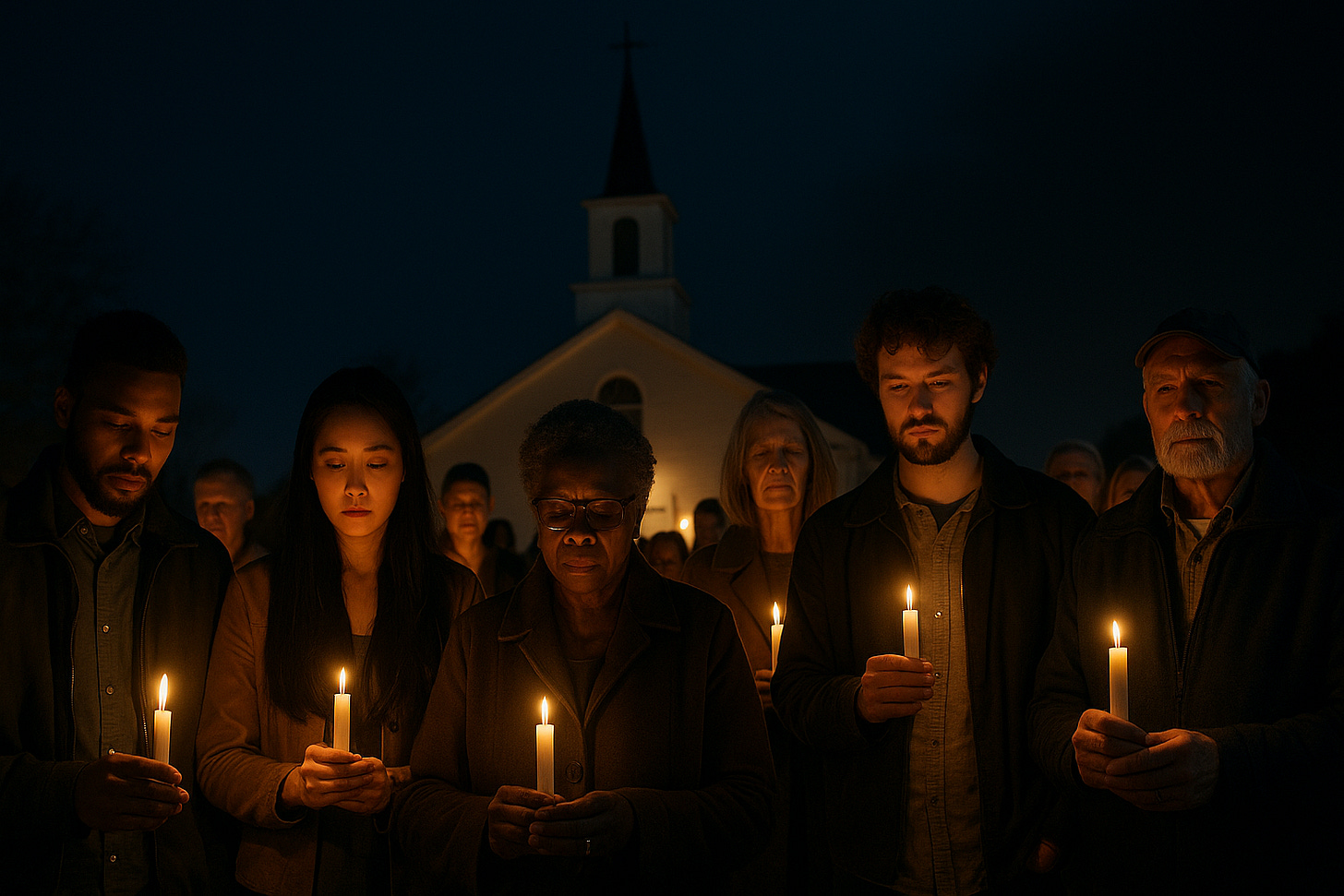United in What Matters
A Call to Embrace Shared Convictions over Division
In an age where every disagreement is magnified, there is an urgent need for Americans to relearn the art of unity. We too often segregate ourselves at the slightest hint of difference, even when we share far more in common. The result? We lose sight of the very foundation that binds us and lose ground to those who revel in our disunity and chaos. The best way forward is hence to unite around core values, even amid pluralities of practice.
The Temptation to Divide
It is said that the devil’s greatest trick is convincing us that we cannot agree. We’re conditioned now to sift every relationship through a grid of ideological purity, doctrinal gatekeeping, or cultural litmus tests. If someone stumbles one inch off our map, we brand them “other,” cut them off, and retreat into tribal echo chambers.
Yet the cost of that posture is significant: we squander moral authority, break the bonds of community, and allow our adversaries to depict the faithful as fractured, petty, and incoherent.
An Anecdote from My Own Journey
Let me offer you a story from my life. Since coming to America, I have made deep friendships with fellow Ghanaians who also immigrated here. We often share a religious heritage, church services on Sundays, Biblical refrains, prayer, and reverence for spiritual things. Yet in American politics, nearly all of them tend toward the Left or Democrat, while I lean more conservative. So when we meet and discuss U.S. policy, our debates are often heated, and our alignment seems distant.
But here is the revealing fact: when we shift the conversation to Ghana, its political challenges, its cultural debates, and its economic needs, we agree almost one hundred percent. On liberty, the role of the state, social values, our convictions overlap in ways that surprise even us.
What that tells me is that by coming to America, many of us have swallowed the bait of division inherent in its political system. We narrow our lens, see each other through the grid of Left vs. Right, and miss the deeper unity that was always there.
If we can agree on Ghana, why not America? Because we chose to define our relationships by disagreement rather than by shared truth.
A Tragedy That Exposed Our Worse Impulses
A few days ago, on Sunday, September 28, 2025, the Church of Jesus Christ of Latter-day Saints in Grand Blanc, Michigan came under a vicious attack. A gunman rammed his truck into the chapel, set it ablaze, entered, and opened fire. At least four people were murdered, eight were wounded. The attacker was eventually killed in a shootout with police.
In the aftermath of this atrocity, one would hope that Christians, whatever their denominational differences, would come together to mourn, to comfort, and to affirm that a house of worship is sacred. Instead, some within the broader Christian community went out of their way to emphasize doctrinal distinctions between “their brand” and that of the Latter-day Saints, almost as if the differences justified moral distancing.
That is a betrayal of Christ’s call to love our neighbor. The fact is, Latter-day Saints agree with orthodox Christians in nearly all the matters that define civic virtue: the sanctity of life, religious liberty, the dignity of marriage and family, the rule of law, individual agency, and the freedom to worship. To ignore that shared terrain, and instead fixate on minor theological divergences, is to concede the moral high ground to cynics.
In doing so, we mimic the world’s divisions. We tell the wounded that they are not fully one with us. We let the enemy whisper that we are fragmented over fundamentals. We forget: unity in values is stronger than uniformity in practice.




